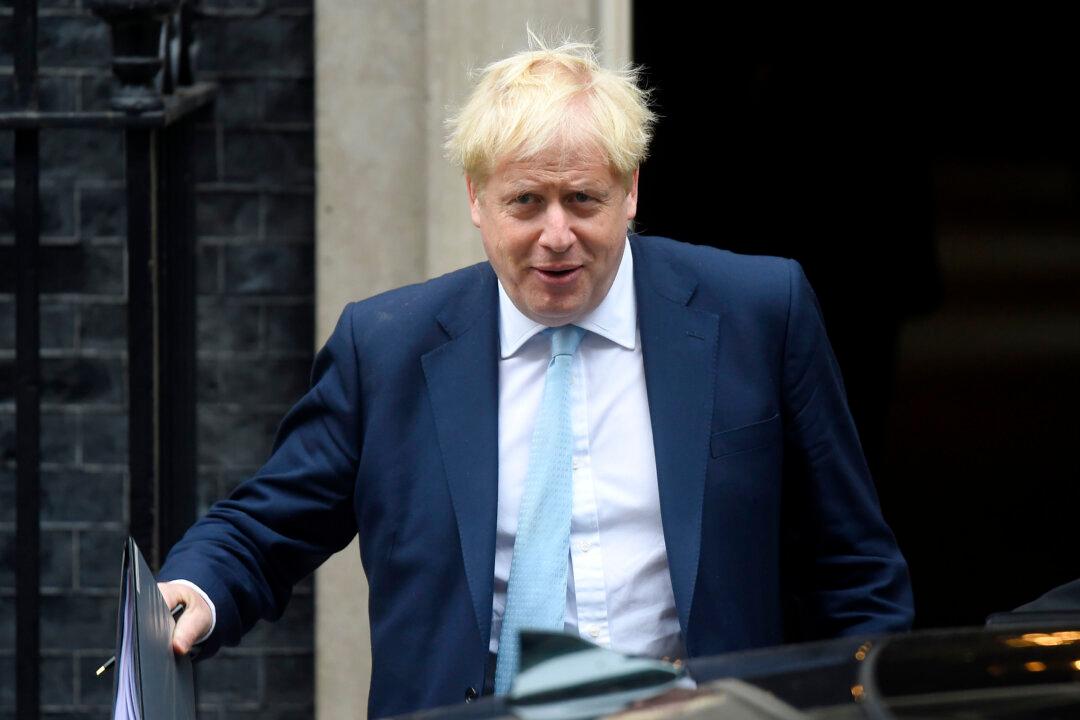Britain and the European Union said Thursday, Oct. 17, that they have struck an outline Brexit deal after days of intense see-saw negotiations—though it must still be formally approved by the bloc and ratified by the European and UK Parliaments.
Hours before a summit of all 28 EU national leaders, European Commission President Jean-Claude Juncker wrote on Twitter: “We have one! It’s a fair and balanced agreement for the EU and the UK and it is testament to our commitment to find solutions.”





